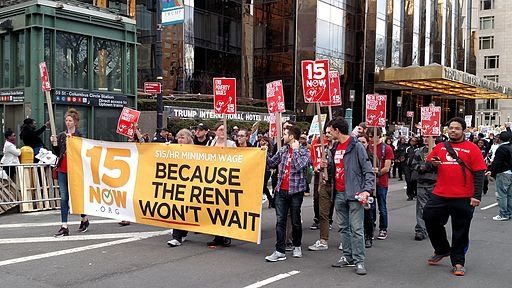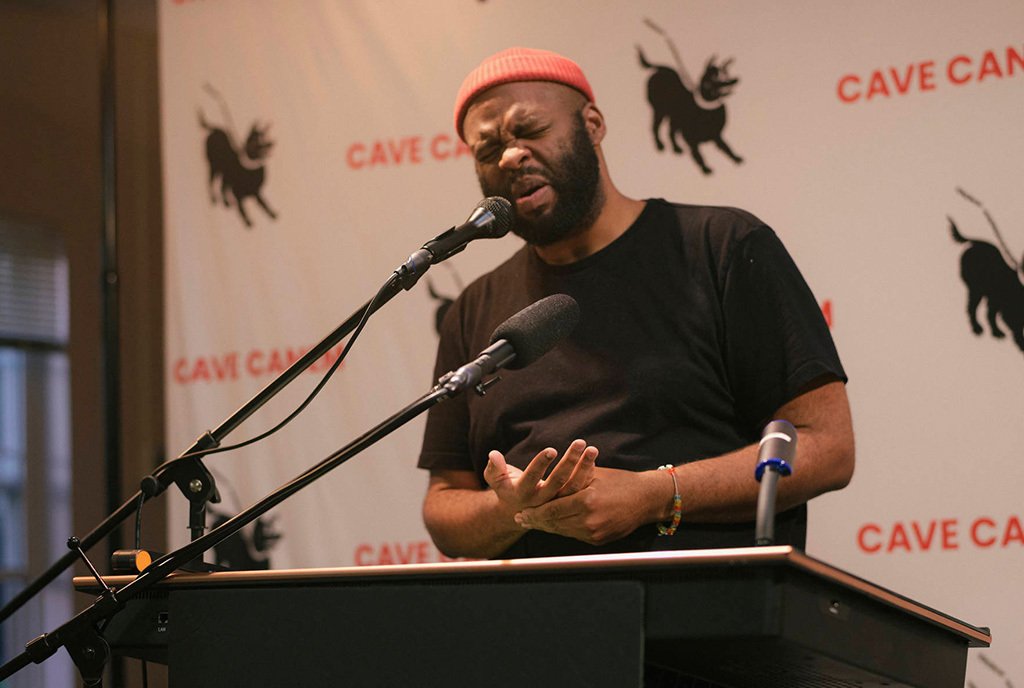
May 19, 2017; Crain’s New York
NPQ has long noted that there are different kinds of advocacy being done by nonprofit associations. Some of it only reflects the narrow self-interest of nonprofit institutions, but some goes beyond to reflect a concern about broader issues of social justice and human rights.
FWPA, formerly known as the Federation of Protestant Welfare Agencies, is the latter type as a “small-p” politically active network of 160 community organizations and 40 faith communities in New York. Those who follow NPQ know that the network is not at all shy about stepping up for what’s right. For instance, it has been a leader in the campaign for a higher minimum wage for New York’s nonprofit workers. The network, led by its 48-year-old CEO, Jennifer Jones Austin, is now explicitly tackling some of the threats posed by the Trump administration with a focus on social and justice issues.
“I’m not a preacher,” she said, “but this is my ministry.”
Jones Austin believes deeply in the power of networks. At 41, after she was exposed to the aftermath of 9/11, she was diagnosed with acute myeloid leukemia. The ongoing shortage of African American bone marrow donors inspired her family and friends to reach out to organizations all over the nation, helping to add more than 13,000 mostly minority bone marrow donors to the national registry within three months—and also to locate a stem cell donor that saved her own life.
As the daughter of a preacher, Austin Jones knows the faith community well and believes in the power of collective social action. She says that the Federation, which was already a powerful advocate for minimum wage for human service workers, is now “doubling down on…advocacy efforts at the local, state, and national level.”
Sign up for our free newsletters
Subscribe to NPQ's newsletters to have our top stories delivered directly to your inbox.
By signing up, you agree to our privacy policy and terms of use, and to receive messages from NPQ and our partners.
We’re doing more work to raise the consciousness of New Yorkers and others about the Trump administration and its trickle-down effect at the state and local level. We’re figuring out where we should and could lead, and where we can align ourselves with others who have greater expertise and capacity.
Further, she believes that faith communities ought to be doing more advocacy. “Imagine if thousands of churches took on the Trump agenda and organized to say ‘no’ to policies aimed at the most vulnerable.” (This advocacy, by the way, is already completely appropriate by law—the Johnson Amendment only precludes partisan political campaign activity.)
The FPWA has created a faith-and-justice fellowship to provide advocacy training for faith leaders. We also train laypeople in how government works so we can build effective on-the-ground advocates. Our goal is to build an army that can take on issues of social justice.
We have to think more strategically and make sure everyone understands what’s at risk, what are the foundational issues that we all have to get our arms around. We may have to delay certain agenda items now so we don’t lose ground. Because if we don’t have strong foundations, we’ll have nothing.
This is not written as a puff piece for FPWA, but as a plea for nonprofit associations to become more active on the social issues that deeply affect the communities they serve and represent. That is what the public expects from the sector as one of its unique characteristics. Each nonprofit, we assume, has its own base that can be treated either as constituents or as “clients,” and there is a big difference between the two approaches.—Ruth McCambridge













